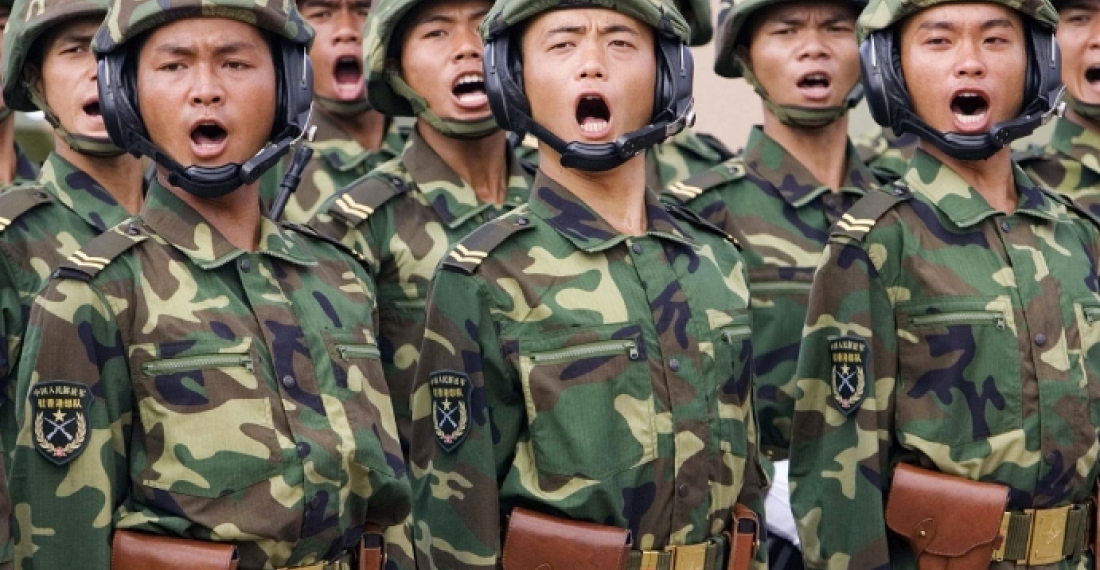The leaders of NATO countries, representing thirty member states in Europe and North America, have identified China as a “systematic challenge” and promised to work together to address this.
In a communiqué issued at the end of their summit in Brussels on Monday, 14 June, NATO Leaders called on China to uphold its international commitments and to act responsibly in the international system. They agreed on the need to address the challenges posed by China’s growing influence and international policies, and to engage with China to defend NATO’s security interests.
China, they said, was rapidly expanding its nuclear arsenal, was "opaque" about its military modernisation and was co-operating militarily with Russia.
The NATO Secretary General, Jens Stoltenberg, warned China was "coming closer" to NATO in military and technological terms. But he stressed the alliance did not want a new Cold War with China.
NATO leaders reaffirmed the Alliance’s dual-track approach of defence and dialogue towards Russia. They also pledged to continue to support NATO partners Ukraine and Georgia, bringing them closer to the Alliance.
Allied leaders agreed an ambitious NATO 2030 agenda to ensure the Alliance can face the challenges of today and tomorrow. They took decisions to strengthen political consultations, reinforce collective defence, enhance resilience, sharpen NATO’s technological edge, uphold the rules-based international order, step up training and capacity building for partners, and address the security impact of climate change. They further agreed to develop NATO’s next Strategic Concept for the summit in 2022.
“To do more, Allies agreed that we need to invest more together in NATO,” said Secretary General Jens Stoltenberg. He noted that this will require increased resources across all three NATO budgets – military, civil, and infrastructure.
NATO leaders also agreed a new cyber defence policy for NATO, and made clear that the Alliance is determined to defend itself in space as effectively as in other military domains.
Addressing Afghanistan, NATO leaders reaffirmed their commitment to stand with Afghanistan with training and financial support for Afghan forces and institutions, and funding to ensure the continued functioning of the international airport.
NATO leaders agreed to pay to keep Kabul airport running in Afghanistan, as the US and its allies withdraw troops from the country. NATO member Turkey has offered to guard and operate the airport after troops leave.
“We have made important decisions today to make NATO stronger in a more competitive world,” stressed the Secretary General.
You can read the full communique from the Summit on the NATO website here.






